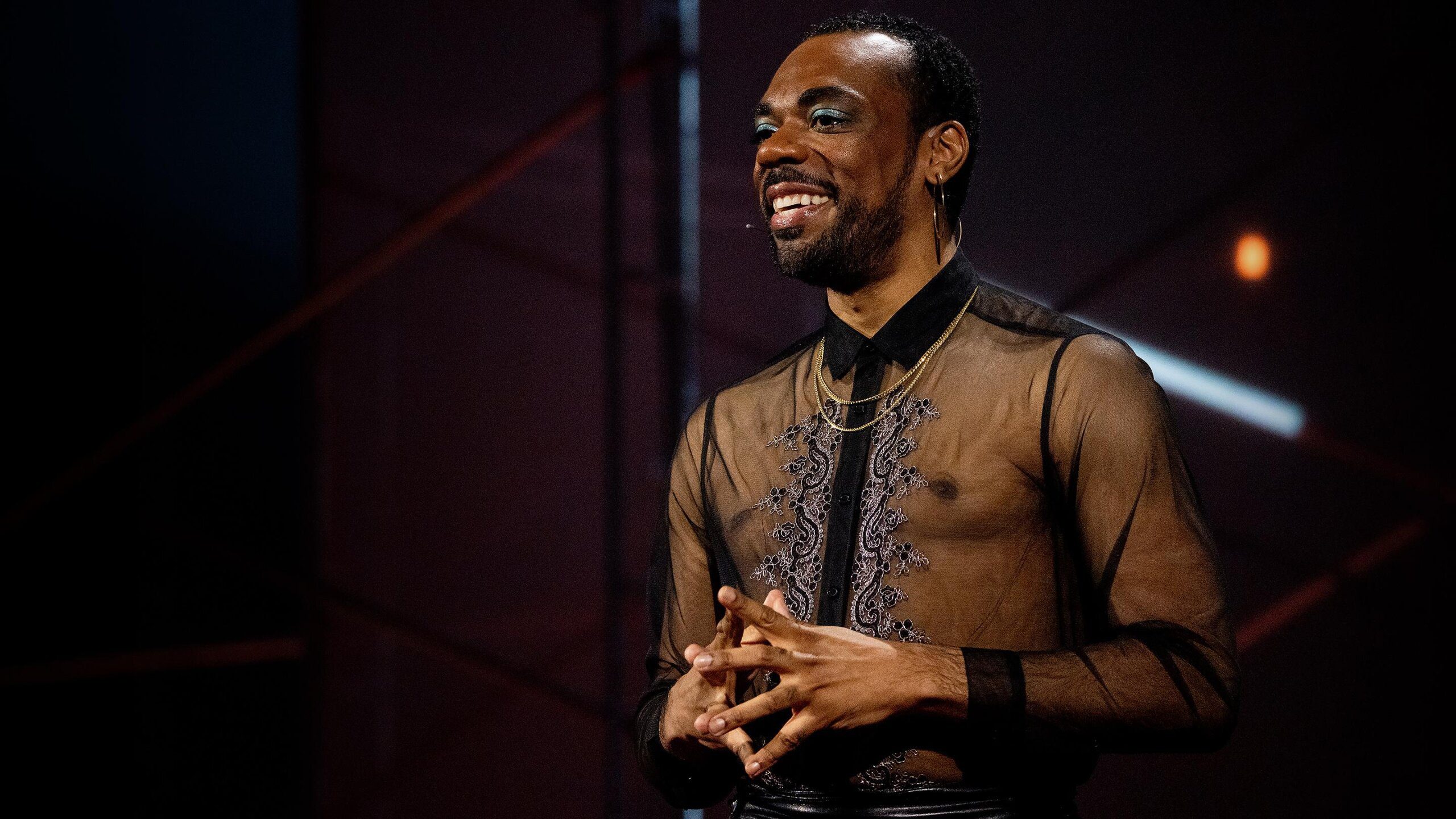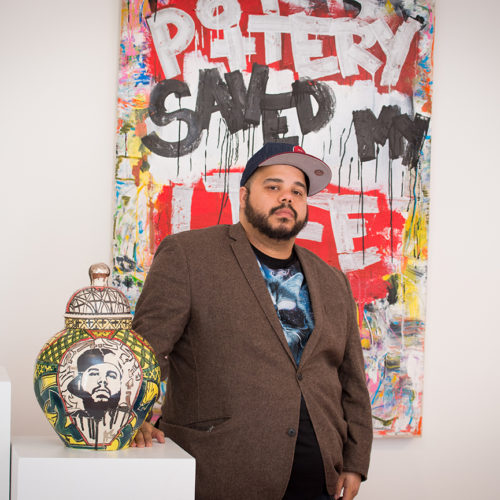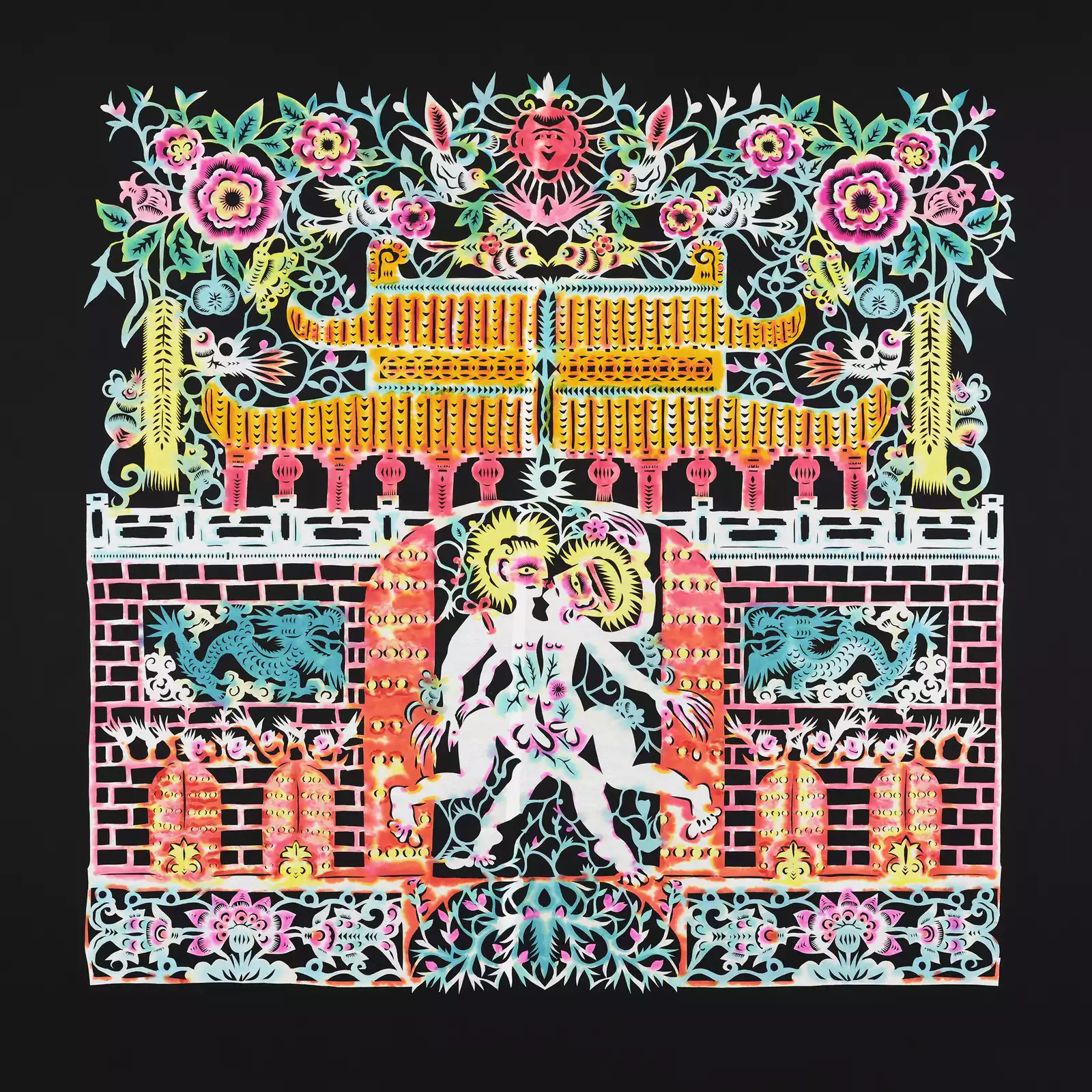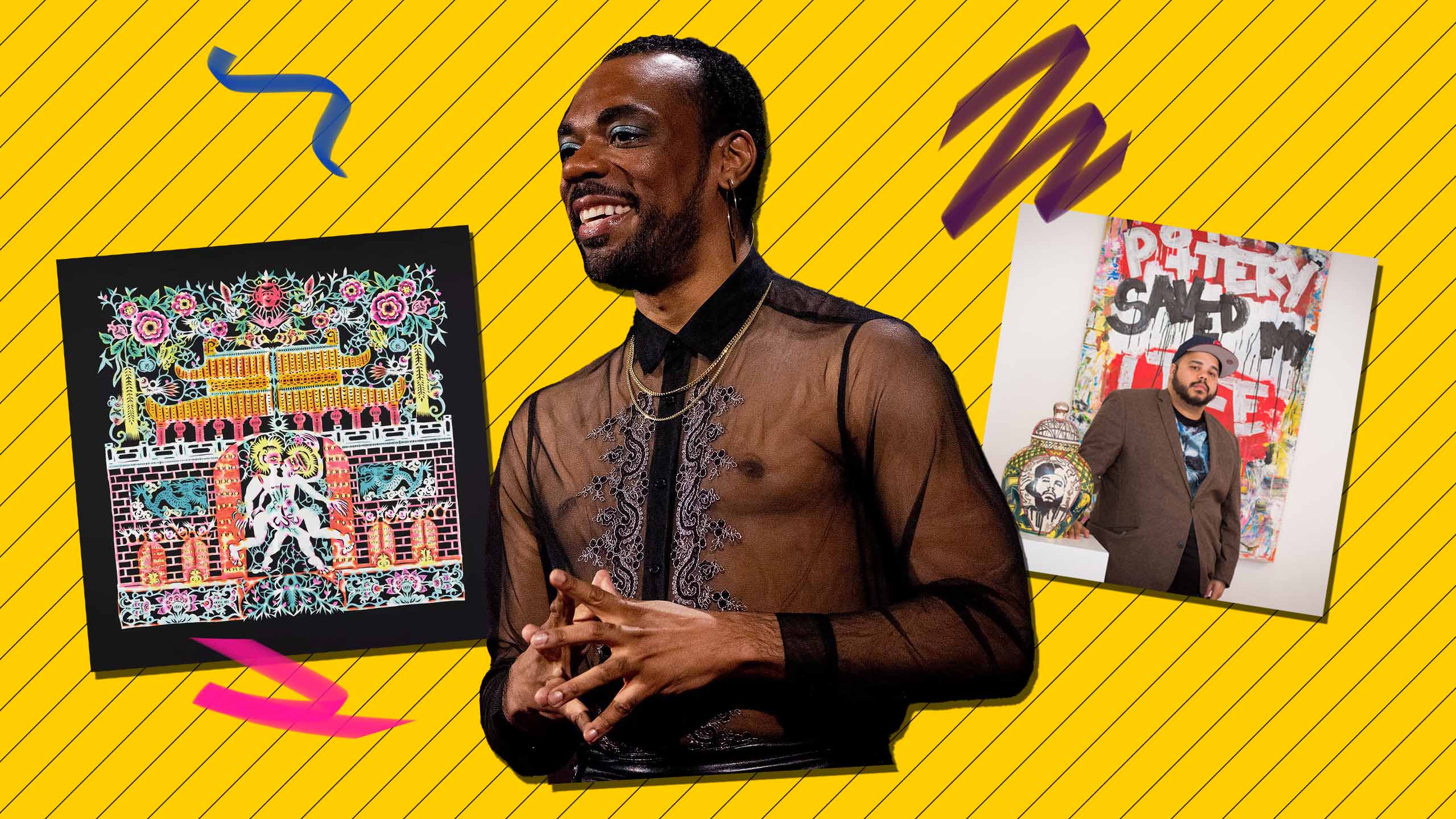Hello again, beautiful people of all genders, and welcome to Queer Culture Catch-Up, your roundup of queer and trans cultural items to enrich your life. I’m your unrepentant Nerd-in-Chief, S. Bear Bergman, out scouring the landscape and hyping my favourite things to help you choose among the many, many offerings our brilliant and glittery peers have presented recently.
First, a few words about research
Because I am of the opinion that my cultural mandate sometimes includes the discourse, I’m going to take a hot minute here at the start to talk about one portion of the recent attacks in the media against trans young people: the oft-repeated claim that there is no “high-quality research” about whether letting gender-independent kids express their identified genders is good or not. In medical literature regarding treatment, the most “high quality” research in most cases is what’s called an RCT, or a randomized controlled trial. In this form of research, some people are given a placebo and others are given actual medication in order to see the differences in effect. When anti-trans campaigners say there’s “no high-quality research” on trans kids, what they mean is that there has been no RCT regarding whether the effects of social transition or limited medical interventions regarding gender are effective.
That’s true, for three reasons. One, very few medical interventions are available for trans kids under 18, despite all the fear mongering that claims otherwise. The only type that is widely available, medication for the suppression of puberty (sometimes known as “blockers”), has already been studied for decades in young people experiencing precocious puberty. These medications delay puberty until the child is ready to experience it, socially and emotionally—regardless of whether the cause is precocious puberty or to minimize secondary sexual characteristics developing in trans youth who would find them upsetting and/or difficult to reverse later.
Two, the other ways that kids transition is through “social transition,” which are typically things like name and pronoun change, clothes and haircuts. With this kind of treatment, there’s no way to randomize for a control—the children and their families would obviously know, even if instructed to support or not support a child’s gender expression, depending on which portion of the study they were in. In these cases, the highest quality of research is a cohort study, all of which (here are just a few) show overwhelmingly that supporting trans, nonbinary and gender-independent kids in their identified genders reduces depression, anxiety and suicidality.
And three, perhaps the most compelling, all research studies are subject to review by a research ethics board, and no research ethics board allows studies to be designed in ways that perpetuate harm. We already have considerable evidence that it is harmful for young people to be denied the opportunity to express their identified gender and that’s why cohort studies rather than RCTs are required here, and that—unfortunately—is your trans cultural lesson for today.
“How Black Queer Culture Shaped History,” Channing Gerard Joseph

Black queer historian and total cutie pie Channing Gerard Joseph is a TED Fellow this year, and his TED Talk continues the ongoing project of reparative history—reclaiming, rediscovering and revitalizing the contributions of Black people that have been minimized or erased due to racism (how excited was I this week when University of Maryland Library appointed Lae’l Hughes Watkins to be the Reparative Archivist? VERY). In “How Black queer culture shaped history,” Joseph shares the story of William Dorsey Swann, whom he describes as America’s first drag queen and discusses that when Black history is erased, portions of our queer history are also erased. As we grapple with the idea that drag queens are dangerous and should be outlawed, Joseph’s TED Talk is a bracing reminder that we have a long and proud history that is inextricably intertwined with the abolition of slavery, the civil rights movement and the rich and shining pathways of the arts is a balm (and so is Joseph’s outfit for the talk, which gave me a different but very pleasing tingle from the one I got listening to his passionate and rigorously-researched words).
A Day In NYC: Jinkx Monsoon on Broadway, Xiyadie at the Drawing Center, Tourmaline and Roberto Lugo at The Met

I spent a very queer day in New York City a couple of weeks ago, checking out some geniuses, and should you find yourself there in the next few months, feel free to follow in my footsteps. First, hit the Metropolitan Museum of Art for their exhibit Before Yesterday We Could Fly: An Afrofuturist Period Room. The exhibit features photo work from beloved genius and column fave Tourmaline and the work of Roberto Lugo, who adorns intricately embellished ceramics with the faces of Black luminaries. Lugo was new to me, but I am now so excited to follow his work. Next, bop downtown to The Drawing Center and see the amazing papercut show of work by Xiyadie, the nom-de-art for an artist who is simultaneously making this gorgeous, compelling work and is also simultaneously not free to live an out queer life in mainland China, where he is forced to maintain a façade of heterosexuality to preserve his safety. Xiyadie, which means Siberian Butterfly, uses traditional Chinese papercut techniques and style to make brilliantly queer and sexy work with an amazing sense of movement.

Meanwhile on the entirely other end of the outness spectrum, finish the day on Broadway. Drag Race fave and general-duty delight Jinkx Monsoon is partway through an eight-week turn as Mama Morton in Chicago on Broadway and friends, she is too much fun in a role that is designed to be, indeed too much. I will admit that I was the tiniest bit skeptical about whether or not Monsoon could hold her own on a Broadway stage alongside such luminaries as Amra-Faye Wright (who in addition to tremendous pipes is 62-entire-human-years old and doing splits and cartwheels while singing, holy pancakes), but I was wrong. Monsoon is very, absolutely, right for the role in both vocal range and vibes, and honestly I hope they renew her contract so more theatregoers can enjoy her.
Running, Lindsay A. Freeman
Our friends over at Duke University Press have a new series called Practices, in which people who are passionate about an activity write a slim volume of their experience, praise and passion for the topic. I am perhaps the opposite of a runner, but with a background in American university athletics and all the complications they contain, as well as a difficult relationship to my body and how it represents my identity, I found Lindsay A. Freeman’s little queer book Running absolutely delightful and surprisingly validating, as I think many queer sportspersons will. In particular, Freeman talks about how running as a sport of individualism and triumph over one’s own fears or limitations has both mirrored and supported her journey in coming out as queer in ways that made me go “Oh yes, that.”
With that, my loves and lights, let me wish you the best of the fortnight, that your outfits drape perfectly and your snacks hit the spot, that your new endeavours teach you many things in the gentlest ways and your routines and habits comfort and soothe you, and that you manage to take a break from the internet when you need one. In the meantime, if you’re making something new and queer, email or DM me about it? I love to hear your news.


 Why you can trust Xtra
Why you can trust Xtra


